Positive Psychology & Film: Atypical Dating Scripts
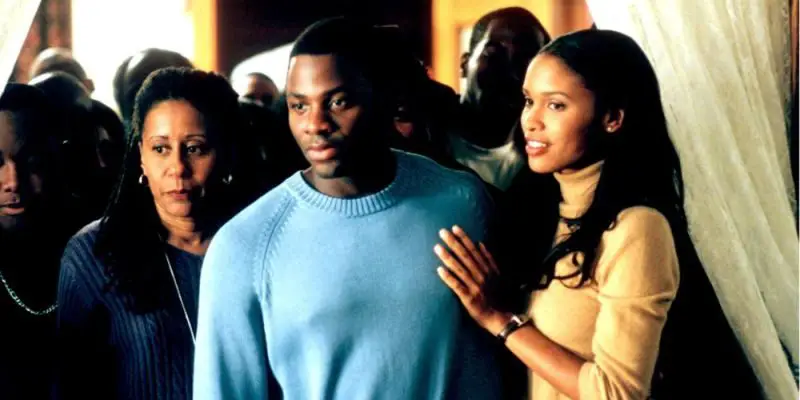
Laurie Agard studied Psychology and Writing in graduate school after…
“The funny thing is that Steve Rendazo secretly wants me. Jocks like him always want freaky girls. Girls with horn-rimmed glasses and vegan footwear and Goth makeup. Girls who play the cello and wear Converse All-Stars and want to be children’s librarians when they grow up. Oh yeah, jocks eat that shit up. They just won’t admit it, because they’re supposed to be into perfect cheerleaders like Leah. Who, incidentally, is into teachers.” – Juno MacGuff in Juno
Sexual Scripts
The term sexual scripts refers to the scripted roles that culture influences people to take on. Scripts, in this case, while prominent in film, don’t refer to film scripts, but to scripts that we use, subliminally, to make sense of the world around us. For example, compared to the importance of a woman’s appearance, a man’s looks are generally not considered as important; however, his status can be greatly improved if he’s with a beautiful, sexy woman. This component of sexual scripts objectifies women, making them not much more than a “trophy.”
Other components of sexual scripts include factors that lead women to know very little about their bodies, because culture tells them their bodies aren’t adequate and are inappropriate to explore. Numerous injustices have arisen around the world because of stereotypes, attitudes, and double standards in sexual scripts, which have even at times been used to form government social policies.
Dating Scripts
It can be interesting to look at sexual scripts in the light of dating. Dating did not begin in the United States until the 1920s. Initially, dating was a way to court a potential husband or wife, but dating now has many other purposes including providing entertainment, increasing social positions, exploring sexuality, forming friendships, creating a place to form close relationships, and so on. However, research shows that most adults in the United States who are dating are interested in finding a long-term partner. A Reuters poll (2008) of single adults indicated that 68 percent of adults who were dating saw marriage as the ultimate goal.
In fact, statistics indicate that less than five percent of people in the United States will remain single their entire life. This means they will date. The process of dating requires following or breaking dating scripts, which can prove to be quite frustrating and confusing and may in fact lead to not knowing your partner at all, but rather knowing the dating scripts they have been taught.
For example, many women report that they behave less intelligently and more timid when they start dating. Many men report that they spend more time planning activities when dating than they do when they are married.
Outdated Customs
The fact is most dating scripts are based on outdated customs and benevolent sexism, which can make dating very difficult for people wanting to establish a more egalitarian relationship. This is further complicated by our culture, which is saturated with industries trying to capitalize on what we are predisposed to think and feel, which makes the woman’s physical appearance one of the most important qualities that influence interaction. For example, dating scripts (in film and otherwise) generally prescribe that the male is supposed to directly pursue the female, who is largely concerned with her physical appearance as a means to attract him.
Generally, dating scripts tell us it’s the male who is supposed to ask the female out and not the other way around. The male is then supposed to open the door. The male is supposed to drive. The male is supposed to pay for the date and may try and order for women and even plan the activity for the date.
Our dating scripts indicate it’s the male’s job to call the female after the date if he’s interested in another. Generally, there are unspoken rules on when and how often people contact each other in-between dates and generally the woman is supposed to be in less control and more powerless, at least with direct actions. Dating scripts set men up to the be leader and women to the be follower.
Lack of Education
In addition, dating scripts influence our sexuality quite a bit. Scripts tell us that the male is supposed be the partner more interested in sex and having sex sooner; the female is supposed to be only somewhat interested and generally not the initiator – yet she’s supposed to provide just enough interest to let the man know he’s supposed to chase her and “win” her.
Females don’t want to be seen as “too easy” and at the same time they have been socialized to feel worth when they please their partners. Males may get increased social status when they have sex. Neither reason is a healthy foundation for a great relationship, but children are often not taught about the complexities of sex, relationships, birth control, and decision-making around sex, so they often unconsciously follow stereotypes and outdated sexual scripts and decide to have sex for very non-optimal reasons.
Films With Atypical Dating Scripts
The following films not only have a number of positive psychology elements, they also have dating scripts not often portrayed in film. If you’ve seen them before it can be interesting to watch them again and pay attention to the issue of dating and sexual scripts. Using film to recognize, build, and challenge character strengths and traditions can be a new way of strengthening and challenging our own awareness.
Antonia’s Line (1995)
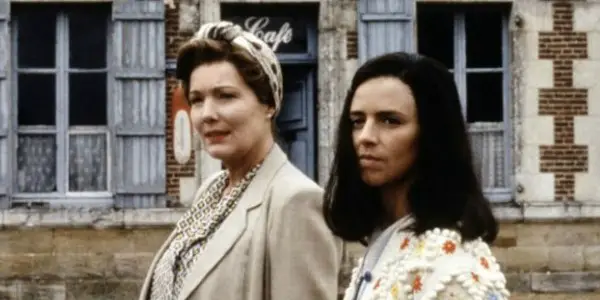
Character Strengths and Virtues: wisdom, perspective, bravery, hope, optimism.
Themes: women in a matriarchal community maintain strong voices and convictions over many generations.
Antwone Fisher (2002)
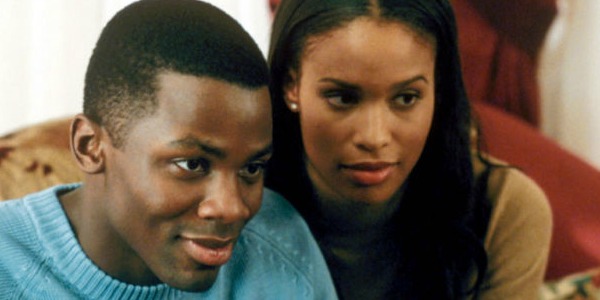
Character Strengths and Virtues: hope, resilience, forgiveness, kindness and caring, bravery, leadership, wisdom and perspective.
Themes: African American foster child; abuse; using creative interventions; structure and rules; military; family; addresses gender roles and dating scripts.
The Five Senses (1999)
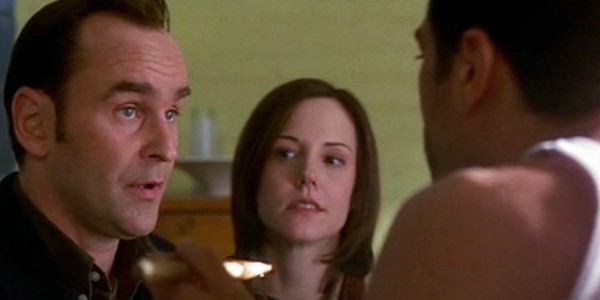
Character Strengths and Virtues: emotional intelligence, prudence.
Themes: awareness of senses, gay dating, going deaf, losing a child, massage therapy, voyeurism.
Juno (2007)
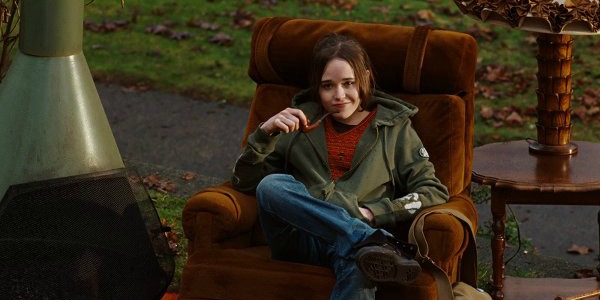
Character Strengths and Virtues: social intelligence, intimate love.
Themes: teenage pregnancy, adoption, expressing feelings of love directly.
The search for love is one of the most significant ways that people pursue well-being. In their book “Positive Psychology: The Science of Happiness and Love”, Compton and Hoffman present research about the importance that positive social and intimate relationships have on subjective well-being.
They indicate that one of the most frequent findings in psychology literature about the subject is that of an association between marriage and self-reported happiness and life satisfaction. Married people consistently report being more satisfied and joyous than singles and dating people. That statistic is true across all ages, education levels, racial groups, and income levels.
According to Compton and Hoffman, relationship satisfaction is associated with a couple’s “similarity in attitudes and values; positive personality traits; the type of attributions made to explain a person’s behavior; and healthy styles of communications. Relationship stability is associated with such factors as friendship; commitment; conflict management; and the effects of external stressors.”
Interestingly, research also consistently shows that the effect of marriage on well-being is quite a bit stronger for men than for women, particularly since the 1970s. Positive psychologist Ed Diener cites studies that find men’s well-being may increase due to increased happiness after marriage, whereas women’s increase is due to life-satisfaction increases.
Psychologists believe this reflects a resulting increase in positive emotions for men after marriage, whereas women’s increase in well-being seems to be attributed to cognitive judgment. Do Hollywood movies reflect these findings? How do you think Hollywood dating scripts and the beginnings of relationships impact our long-term relationships and our perceptions about marriage and happiness? Why do you think films portray relationships and courting the way they do?
Share your thoughts in the comments.
Positive Psychology & Film Series
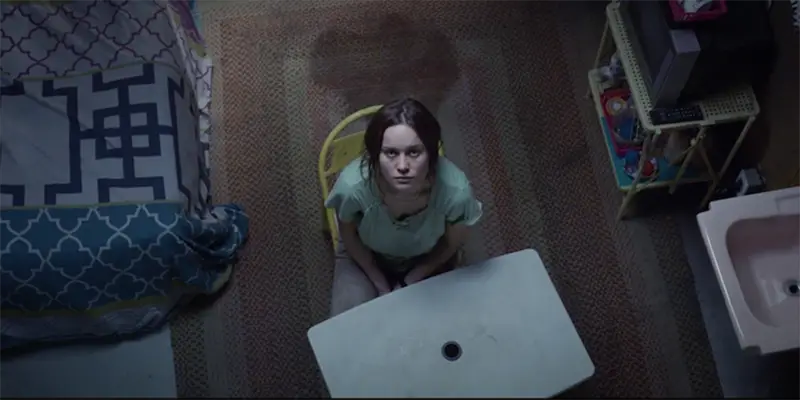
Positive Psychology And Film
You can improve your life by paying attention to how films use characters and themes to explore human values, virtues, and character strengths.
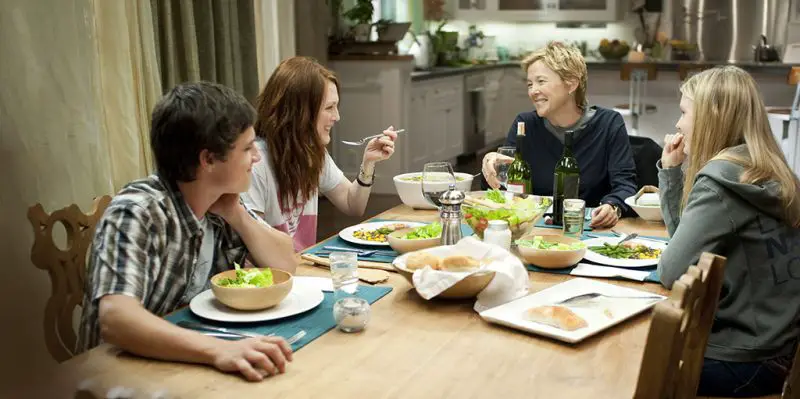
Positive Psychology & Film: Love
“Human beings are starved for love.” – Erich Fromm This article is part of a series. Find the first part here.
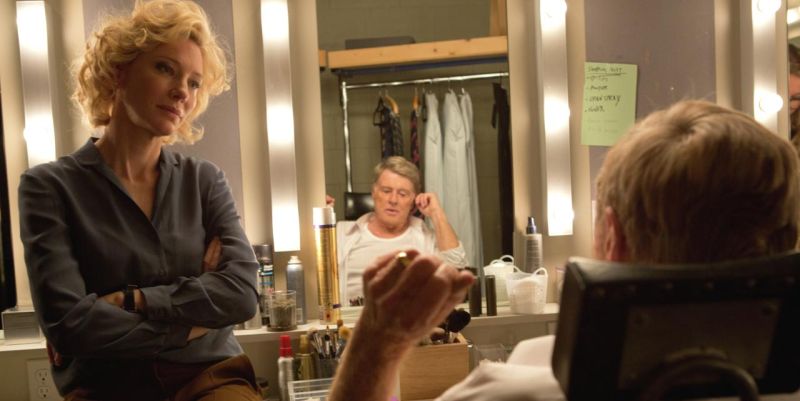
Positive Psychology & Film: Women’s Careers
A common stereotype in film is that women don’t work and have no career. What can we learn from the films in which women’s careers are at the forefront?
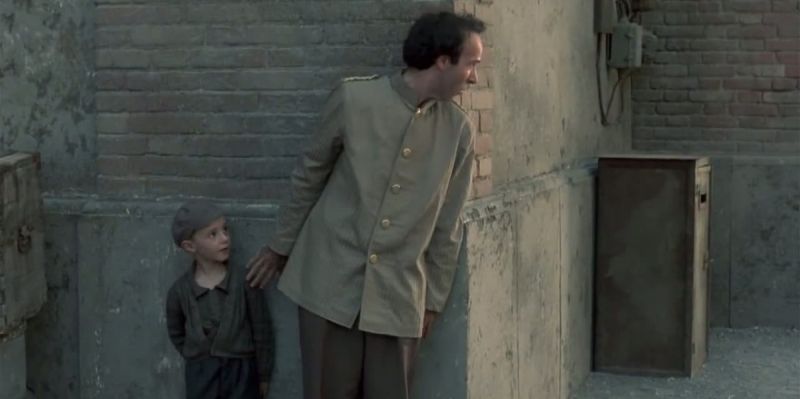
LIFE IS BEAUTIFUL: Through The Lens Of Positive Psychology
In this part of Positive Psychology & Film, Laurie Agard interprets Life Is Beautiful, the inspiring and gut-wrenching Italian war film.
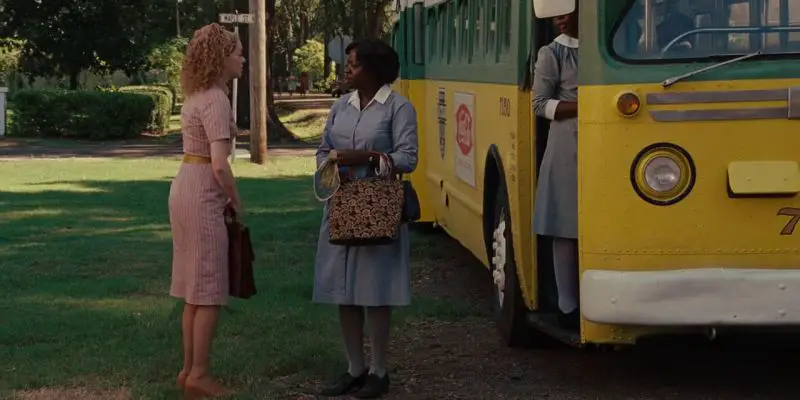
Positive Psychology & Film: Films Featuring Ethnic Minorities
It’s critical that media show that all people belong. However, very few films in the United States are made by and about ethnic minorities.
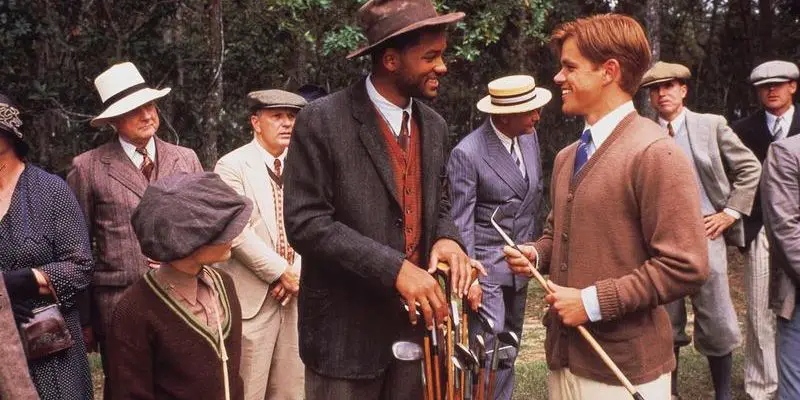
Positive Psychology & Film: Flow
“Inside each and every one of us is one true authentic swing … Somethin’ we was born with … Somethin’ that’s ours and ours alone …

Positive Psychology & Film: Parenting With Children’s Films
“Interest can produce learning on a scale compared to fear as a nuclear explosion to a firecracker.” Stanley Kubrick on the importance and power of curiosity. As educators and parents we want to to care for, nurture, mentor, socialize, and provide for our children to the best of our ability.

SILVER SKIES: A Positive Psychology Film Analysis
Silver Skies shows us how full of love, passion, friendship and fun the lives of the elderly are, and how we can learn from this depiction.

WHILE TIME STANDS STILL: A Positive Psychology Film Review
Elena Miliaresis’ documentary While Time Stands Still tells the story of the hardships of military families – Laurie Agard considers the psychological aspects.
Does content like this matter to you?
Become a Member and support film journalism. Unlock access to all of Film Inquiry`s great articles. Join a community of like-minded readers who are passionate about cinema - get access to our private members Network, give back to independent filmmakers, and more.
Laurie Agard studied Psychology and Writing in graduate school after becoming a Director member of both the Directors Guild of America and the Academy of the Television Arts and Sciences. She associate produced ABC’s Secret Millionaire and wrote, directed, and produced two independent films that premiered on HBO, ABC Family, we TV, as well as networks such as Fox Latin America, Sky TV, Starz, Showtime, and Encore in 45 territories around the world. Her films have received New Comer of the Year awards and Best Children's Feature awards from prestigious organizations such as Kids First!, Hollywood Youth in Film, and the New York Film and Television Festival. She co-directed the Directors Guild of America’s first ever tribute film for and about its female members.













